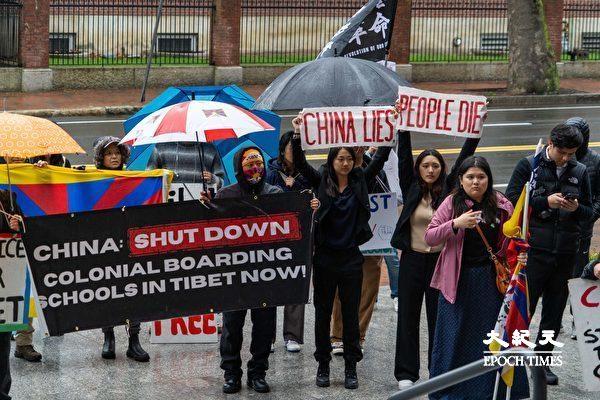News that former Shanghai mayor Yang Xiong resigned from his post was formally announced on Jan. 17.
But Zheng Enchong, a Chinese human rights lawyer who has long been under house arrest for offending the political clique in Shanghai loyal to former Communist Party head Jiang Zemin, learned that Yang’s career was likely finished days before it became official.

Renowned Chinese human rights lawyer Zheng Enchong in his Shanghai home in Sept. 2014. Epoch Times




